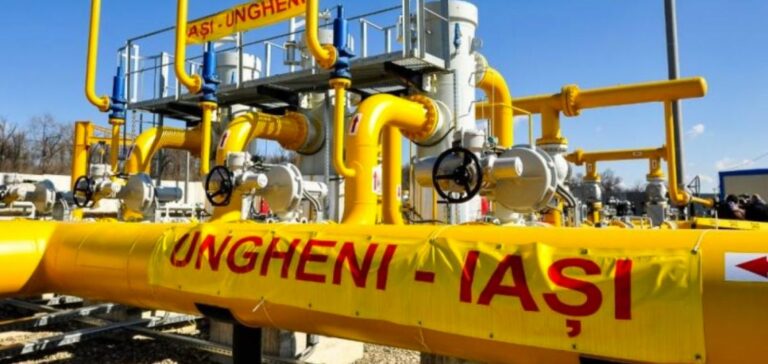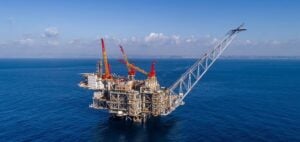Romania has begun delivering gas to Moldova, a small country affected by a serious energy crisis due to the consequences of the war in Ukraine, according to the Romanian national operator Transgaz.
“Gas transportation began” on Saturday, company officials said, quoted by the Agerpres agency.
Contacted by AFP, Transgaz had not responded immediately.
For the first time, Bucharest supplies gas to its Moldovan neighbor through the gas pipeline linking the city of Iasi (east) to Ungheni, on the other side of the border.
Inaugurated in 2014 with the financial support of the EU, this 43 km connection has a theoretical capacity of 1.5 billion cubic meters per year, enough to cover Moldova’s needs.
The pipeline had never been used by Moldova, which only completed the 120 km interconnection to its capital Chisinau in 2019.
The compressor stations were put into operation in 2021.
Until the beginning of the conflict in Ukraine, it was financially more advantageous for this former Soviet republic to acquire its gas from Russia, whose prices were much lower than those on the European market.
But in recent months, Moldova has suffered a sharp reduction in deliveries from the giant Gazprom, on which it was almost 100% dependent, which has plunged the country into an energy slump.
The Romanian gas pipeline appeared to be the only way out of the “energy blackmail” denounced by the pro-European Moldovan authorities.
Gazprom justifies the drop in volumes supplied due to unpaid bills and says it fears that gas transiting through Ukraine will be intercepted before reaching Moldova, which Chisinau and Kiev deny.
Moldova will now only use gas delivered by Romania, leaving all of the 5.7 million cubic meters of Russian gas it receives daily to the pro-Russian separatist region of Transdniestria, Deputy Prime Minister Andrei Spinu said on the social network Telegram.
In exchange, the latter must provide it with low-cost electricity produced on its territory.
With the country’s only thermoelectric power plant, Transdnistria reduced its energy deliveries to Chisinau from 70% to 27% of its production in October due to a lack of gas.
Through this agreement, Moldova, victim of massive power outages following Russian strikes on Ukrainian energy sites, hopes to reduce the risk of blackouts.





















